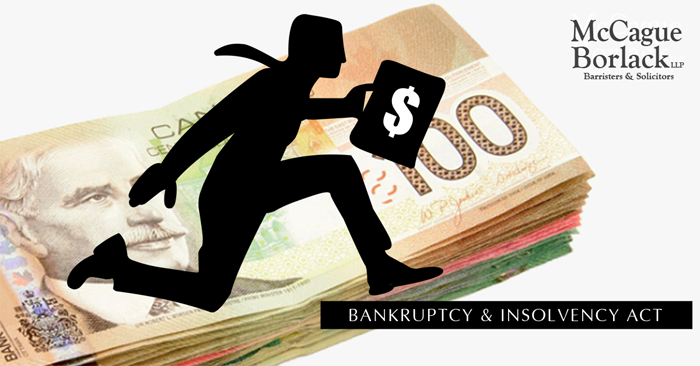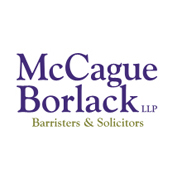Justice Osborne of the Ontario Superior Court (Commercial List) recently released his reasons in YG Limited Partnership and YSL Residences Inc., 2022 ONSC 6548, and the implications for future bankruptcy and insolvency proceedings are notable.
The brief facts of the motion were as follows. A claimant to the proceeds of the bankrupt(s) had been denied their claim by the Proposal Trustee on the basis that the claimant had produced insufficient information to support their claim. Upon producing further proof, the Proposal Trustee was inclined to allow the claimant's claim. However, facing backlash from certain limited partners of one debtor, the Proposal Trustee, instead of reversing its decision, agreed not to oppose an appeal to the court. Accordingly, the claimant sought an order setting aside the disallowance of their claim. The limited partners opposed the motion on several bases.
Thus, the court had to determine three issues:
- Whether the appeal should proceed de novo (i.e., should the claimant be entitled to make their claim with all the new information that they had gathered) or should the record be limited to the materials that they had originally put before the Proposal Trustee when their claim was denied,
- Whether the limited partners of one of the debtors had standing to make submissions on the appeal, and
- Whether the appeal should be allowed.
Justice Osborne first dealt with the issue of the limited partners' standing to contest the appeal.
In determining that the limited partners lacked the requisite standing, Justice Osborne reviewed both case law and the Bankruptcy and Insolvency Act ("BIA"). Justice Osborne determined that the limited partners were not creditors and were not themselves debtors, merely limited partners of a debtor. Accordingly, they did not have the requisite standing under section 135(5) of the BIA.
Justice Osborne also dealt with the limited partners' argument that they were 'aggrieved persons' within the meaning of s. 37 of the BIA, such that they were entitled to apply to the court to challenge the Proposal Trustee's decision. In denying that the limited partners were 'aggrieved persons' within the meaning of the BIA, Justice Osborne observed that:
...Their grievance, or complaint, boils down to the fact that their ultimate potential recovery will presumably be reduced if the claim is allowed. That is not sufficient to make them aggrieved within the meaning of section 37. To conclude otherwise would mean that every creditor would have standing pursuant to section 37 to challenge the claim of every other creditor in a bankruptcy proceeding and I reject this notion. [para 37]
Their grievance boils down to ... their potential recovery will be reduced if the claim is allowed. |
Having decided that the limited partners lacked standing to challenge the appeal, Justice Osborne moved onto the question of whether the appeal should be heard on the fresh evidentiary record; or conversely, on the record that was first before the Proposal Trustee when the claim was disallowed. Justice Osborne ruled that the appeal may proceed de novo, where to proceed otherwise would result in an injustice to the creditor. Recognizing that other Canadian jurisdictions take different approaches, his Honour nevertheless decided that this case was:
...precisely the type of case where to proceed otherwise than de novo and limit the record to that material originally filed in support of the claim, would result in an injustice to the creditor. That is exactly what section 135(5) is designed to correct or avoid, and in circumstances such as this, the appeal can and should proceed de novo in the sense that materials not originally before the trustee can and should be considered by the court. [para 36]
Finally, having decided that the appeal ought to proceed de novo, Justice Osborne turned his mind to whether the appeal ought to be allowed. After considering the fresh evidence by the claimant, his Honour ruled to set aside the disallowance by the Proposal Trustee and allow the claimant's claim.
Takeaway
The reasons of Justice Osborne are helpful for future claimants in several respects.
- Justice Osborne ruled that certain agents of debtors are not themselves debtors for the purposes of s. 135(5) of the BIA.
- Justice Osborne clarified the definition of an 'aggrieved person' under s. 37 of the BIA. In doing so, he explained that the mere reduction of an interested party's potential claim from a debtor is not sufficient to meet the definition of aggrieved.
- Justice Osborne clarified that an appeal of a trustee's decision will be heard de novo in cases where doing otherwise would result in an injustice to the would-be creditor.


